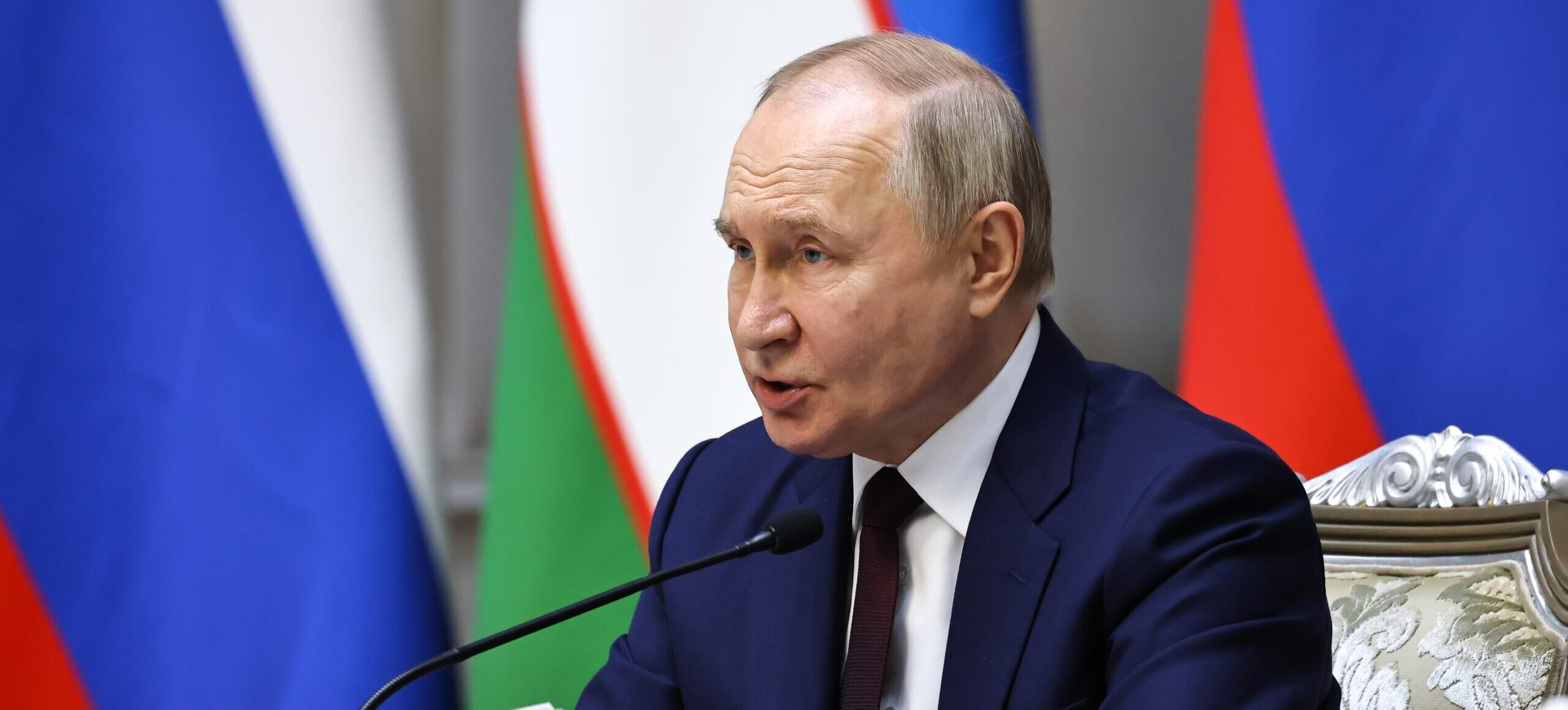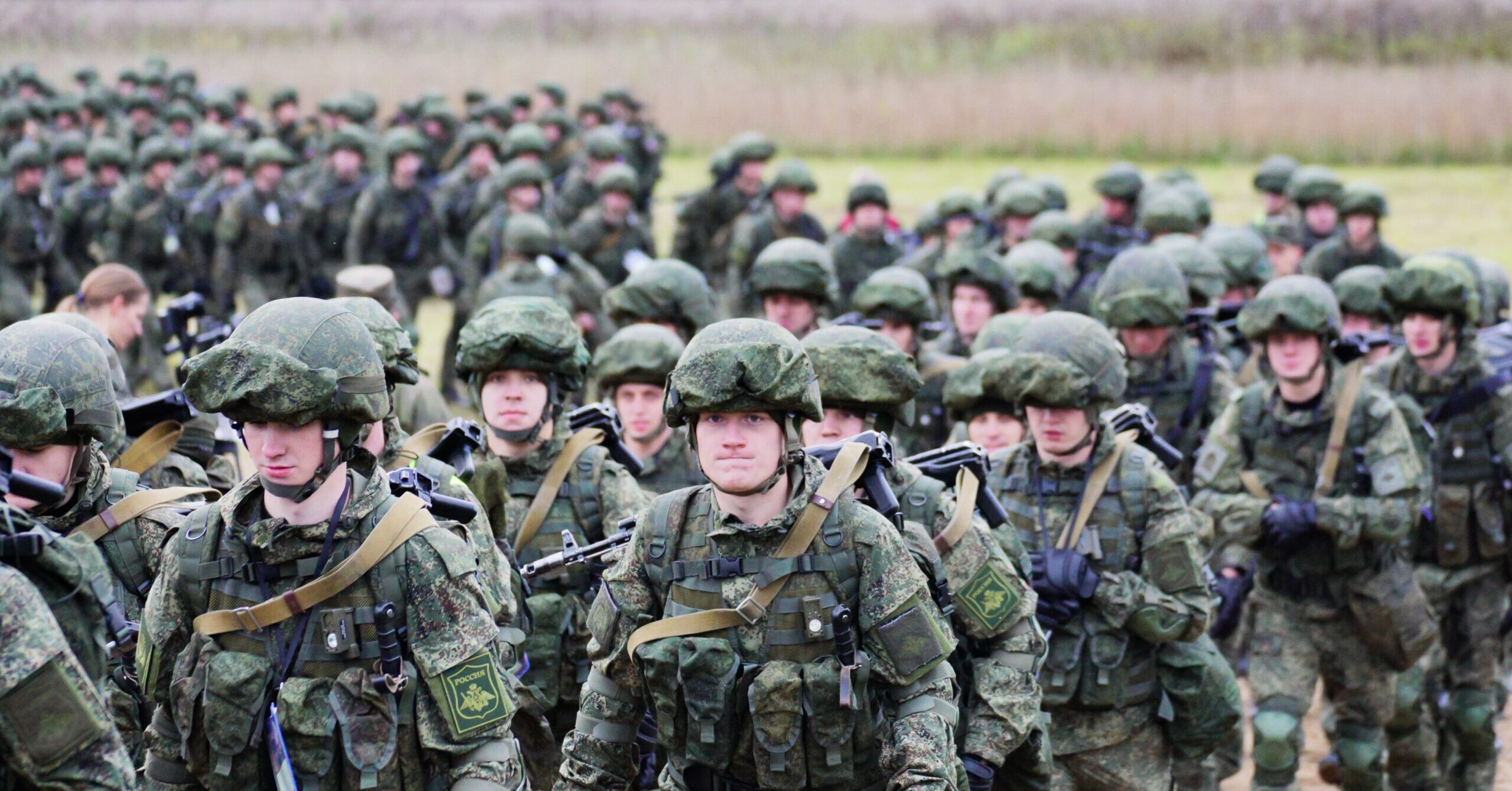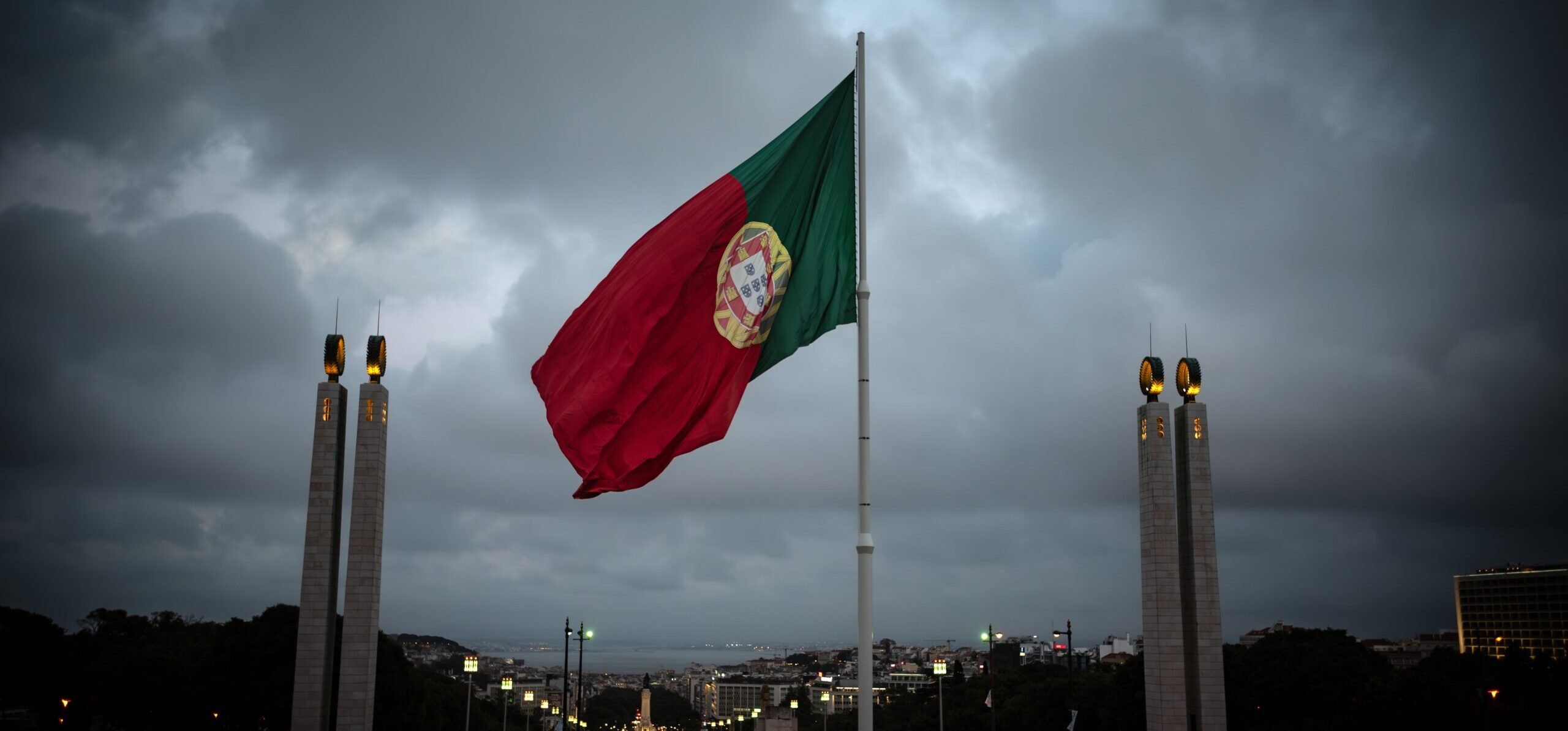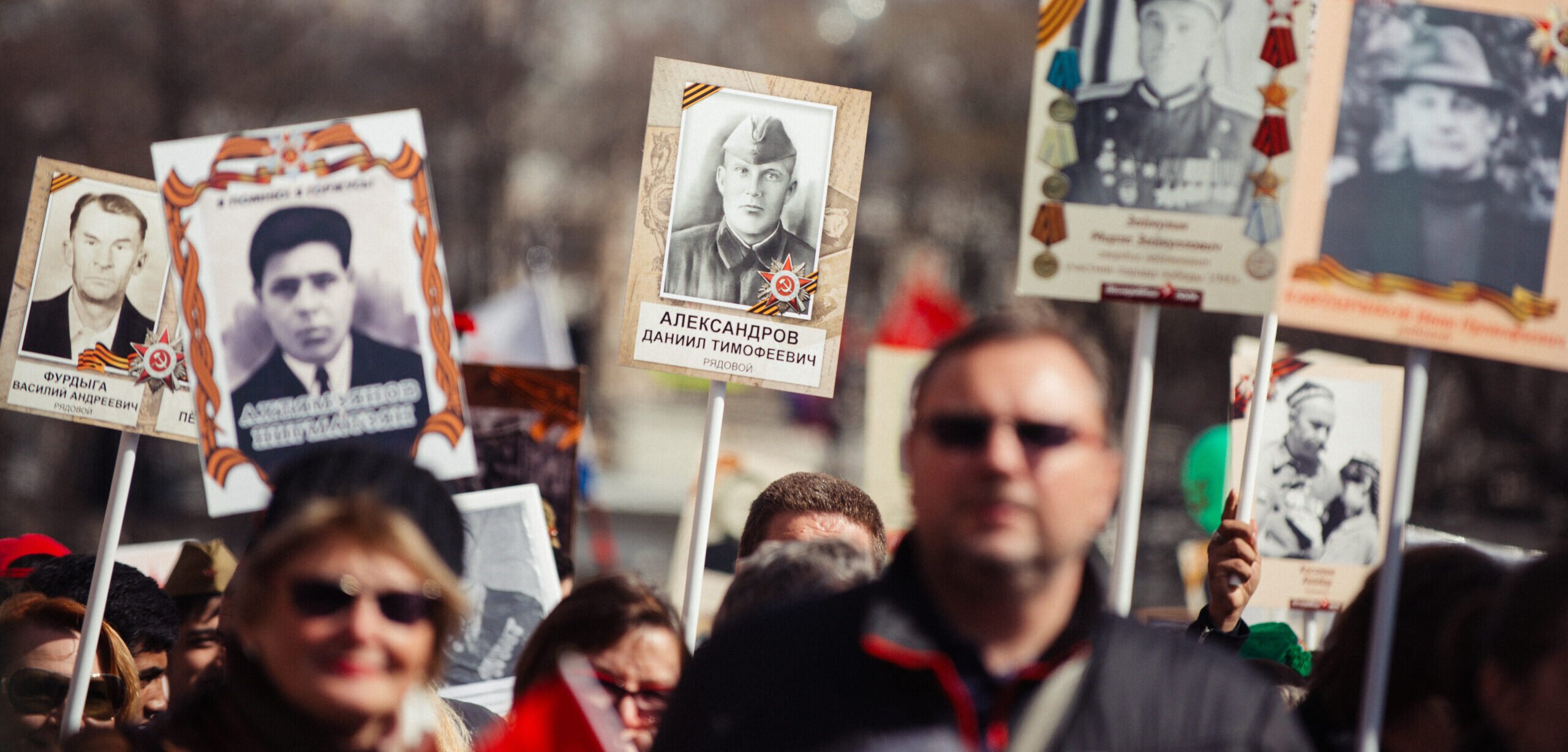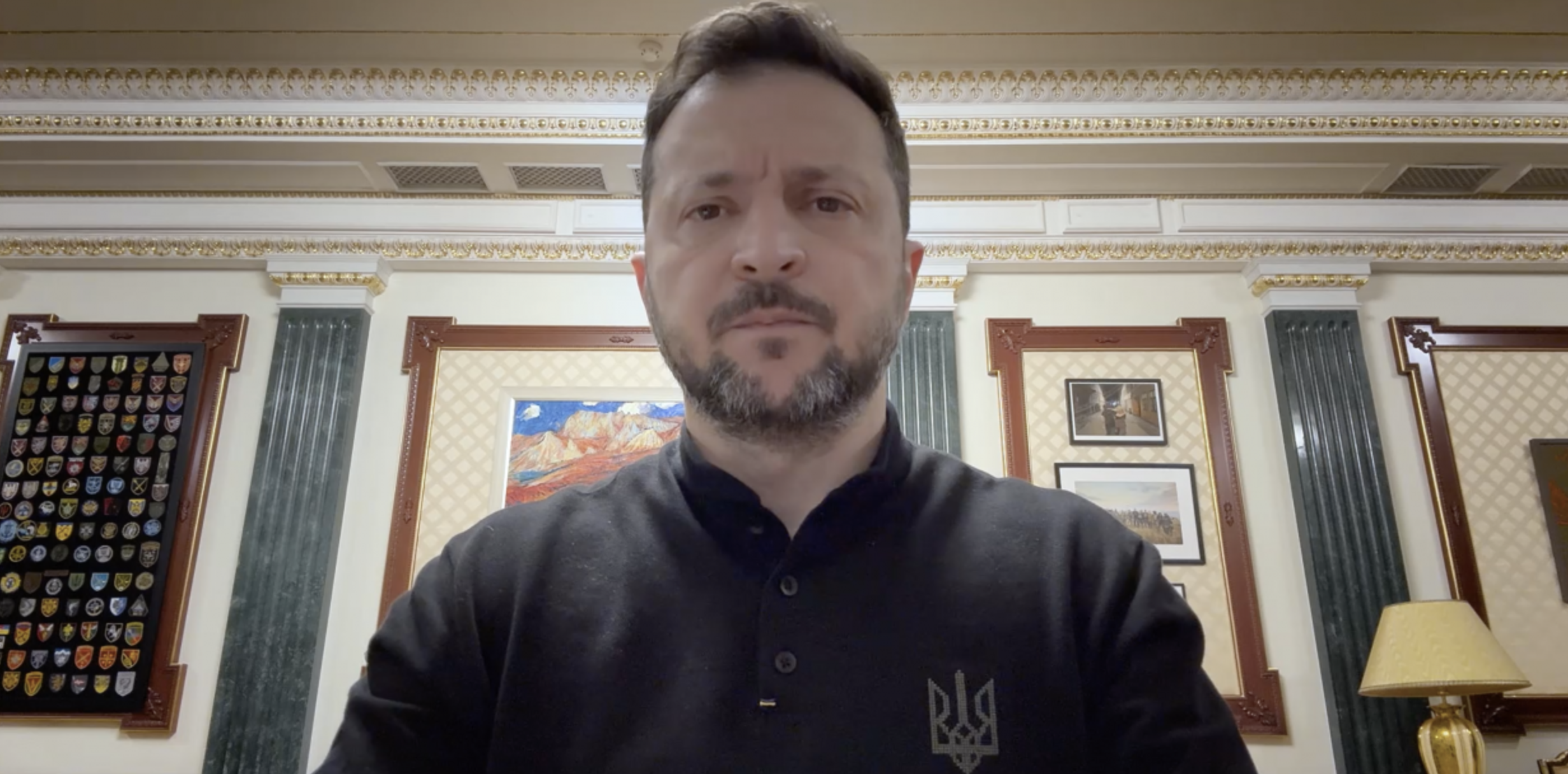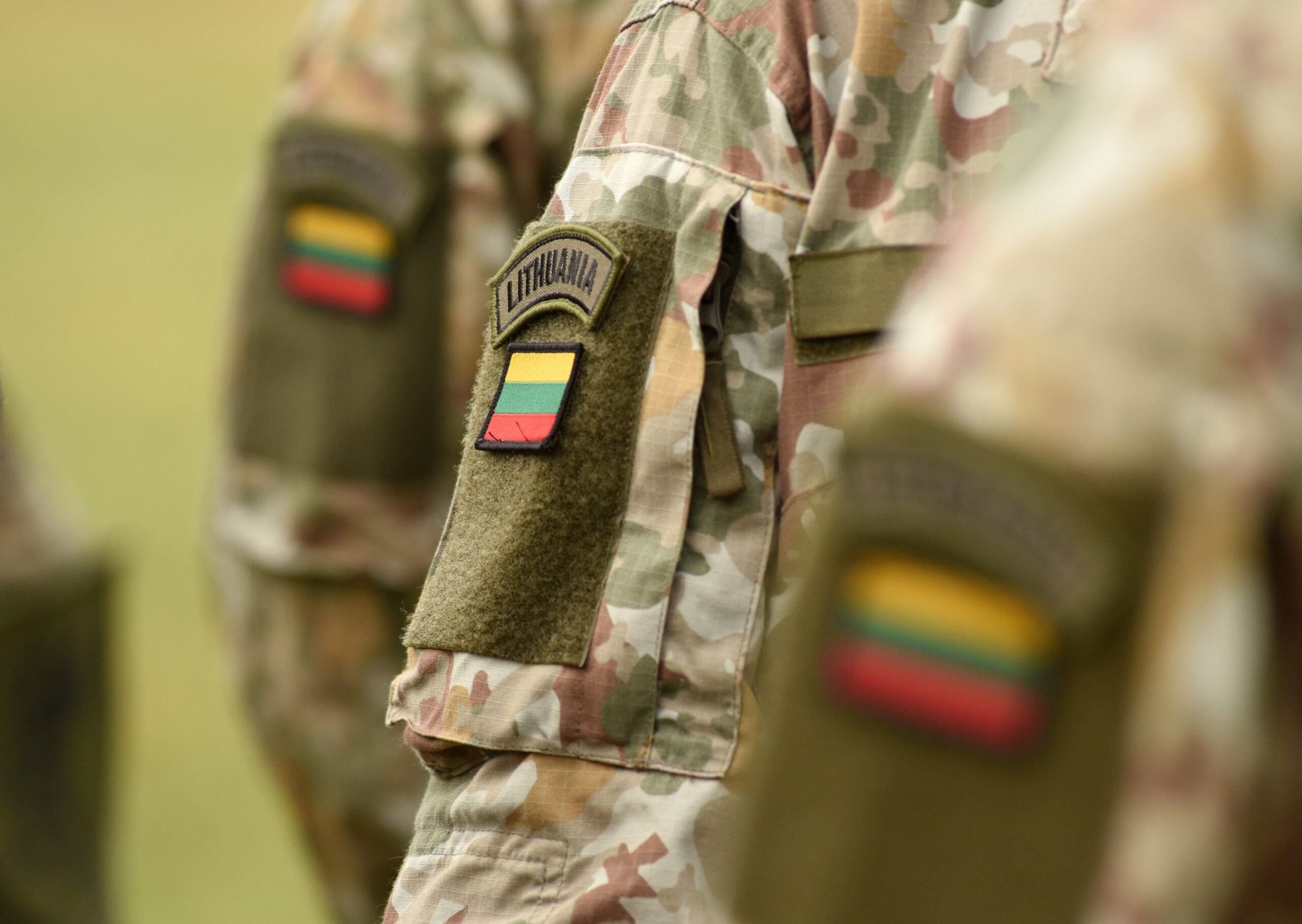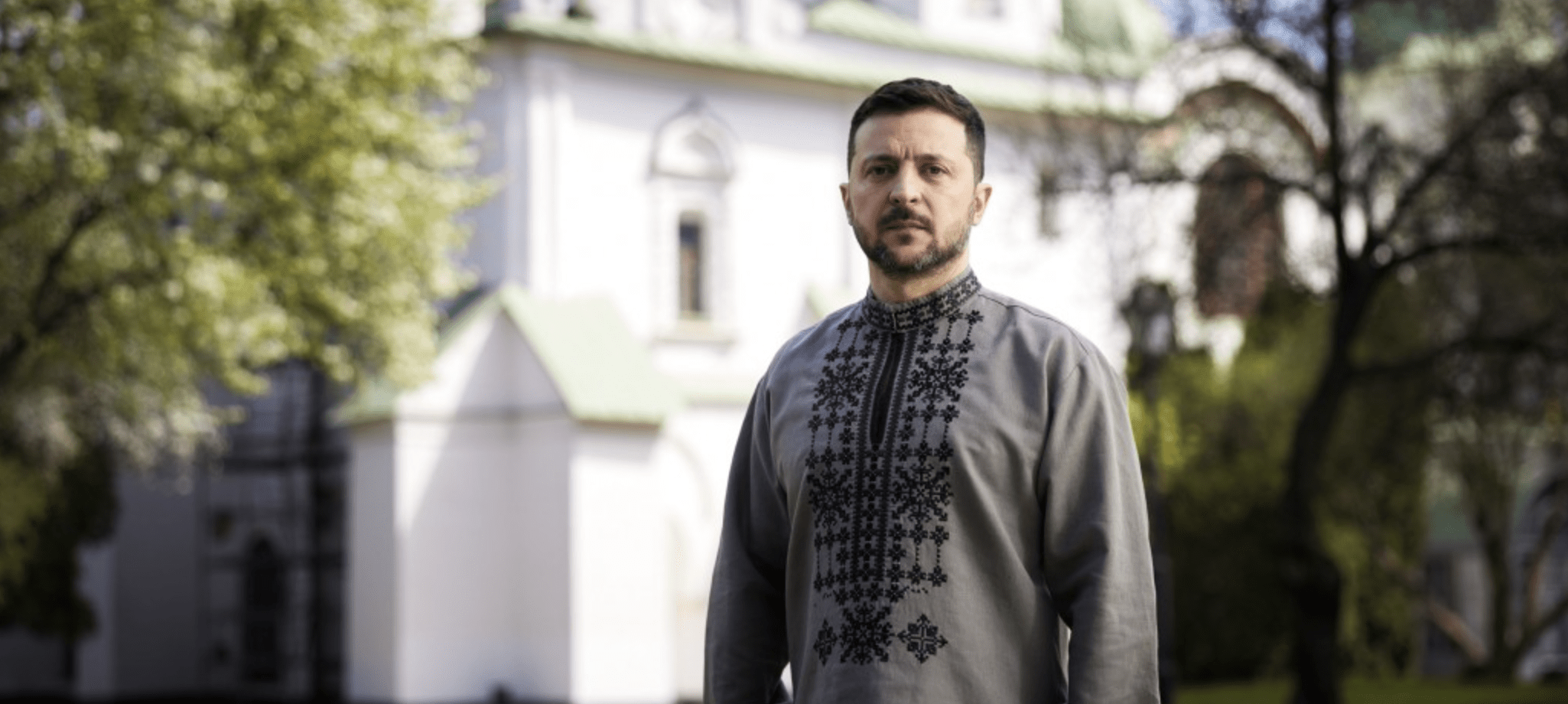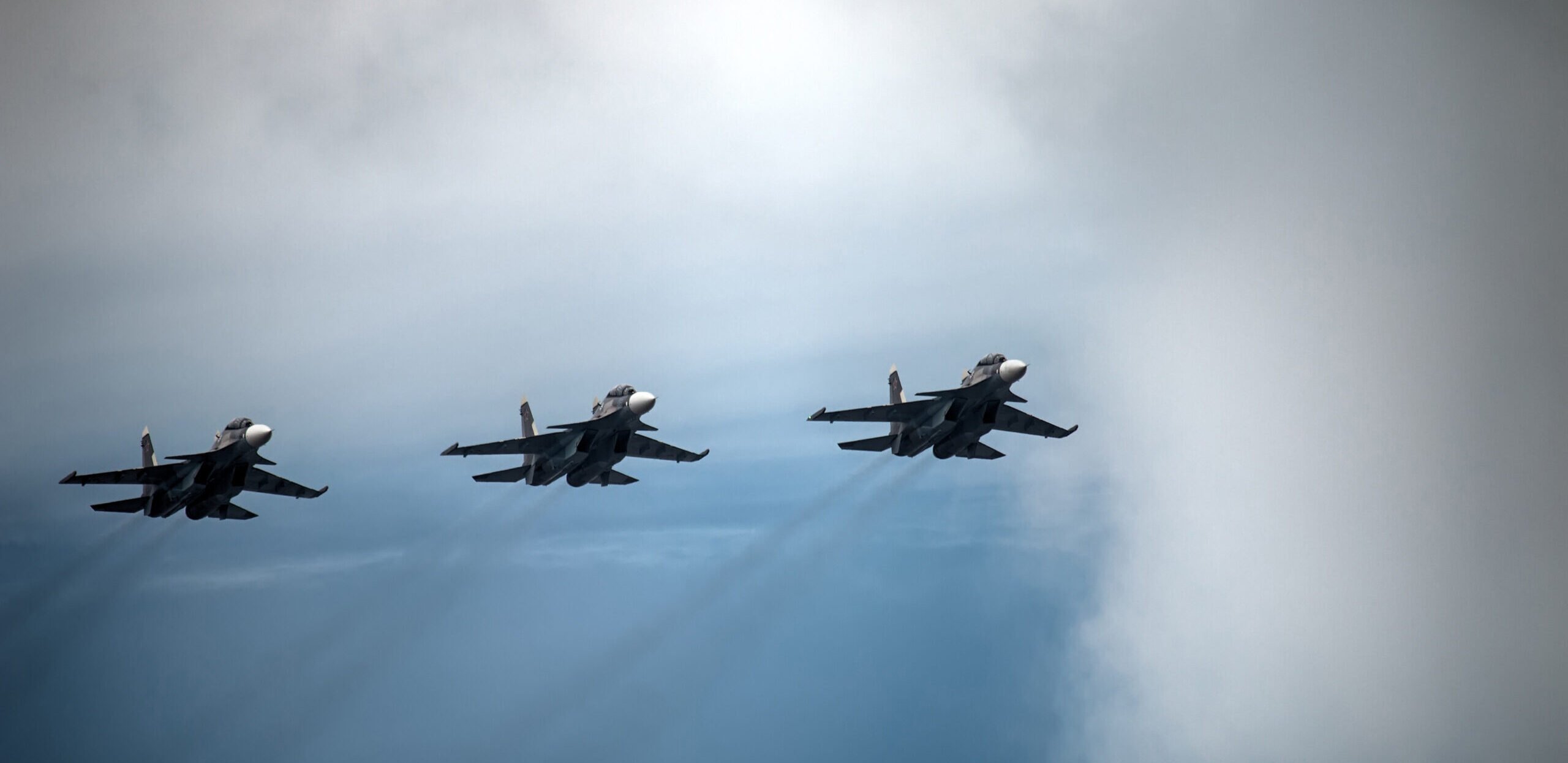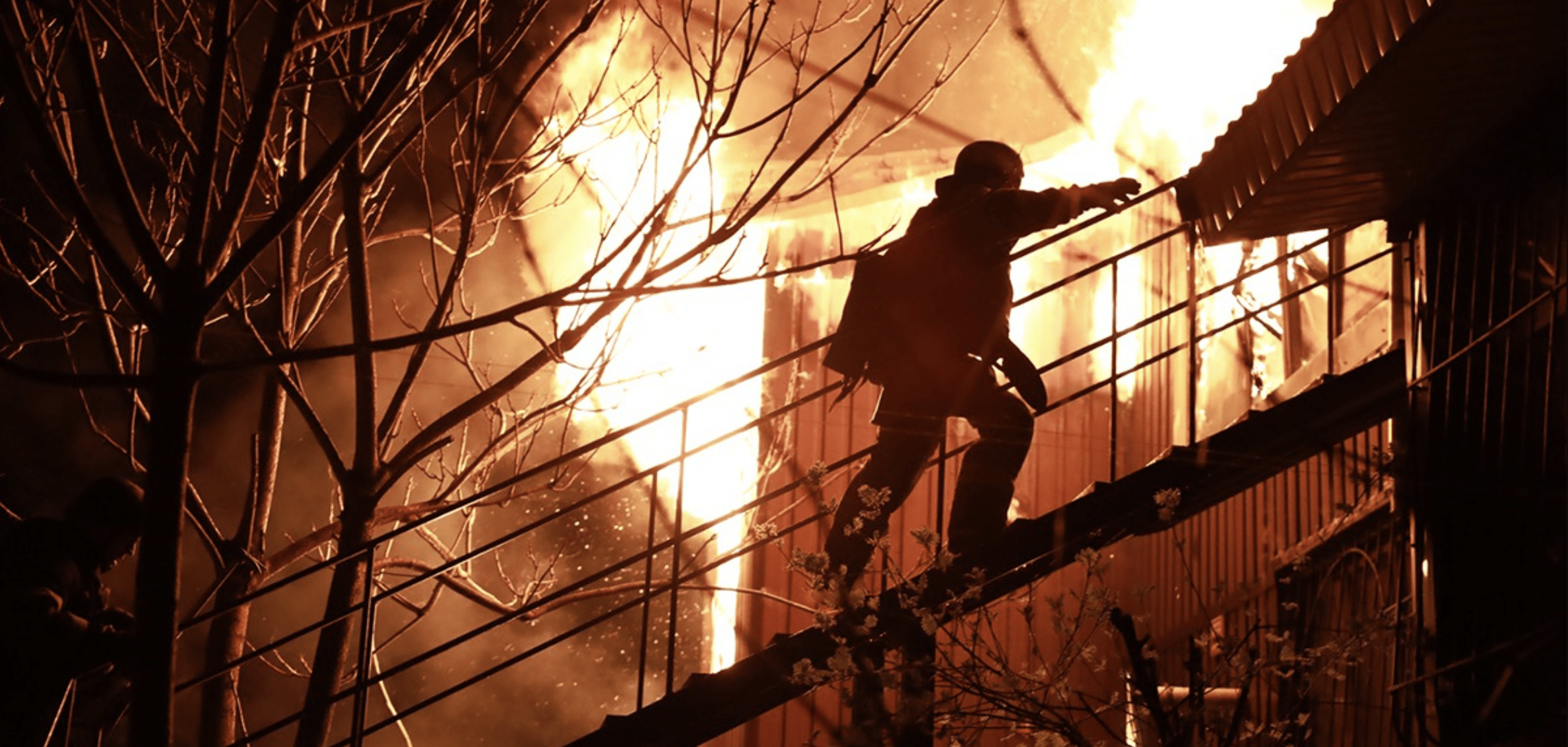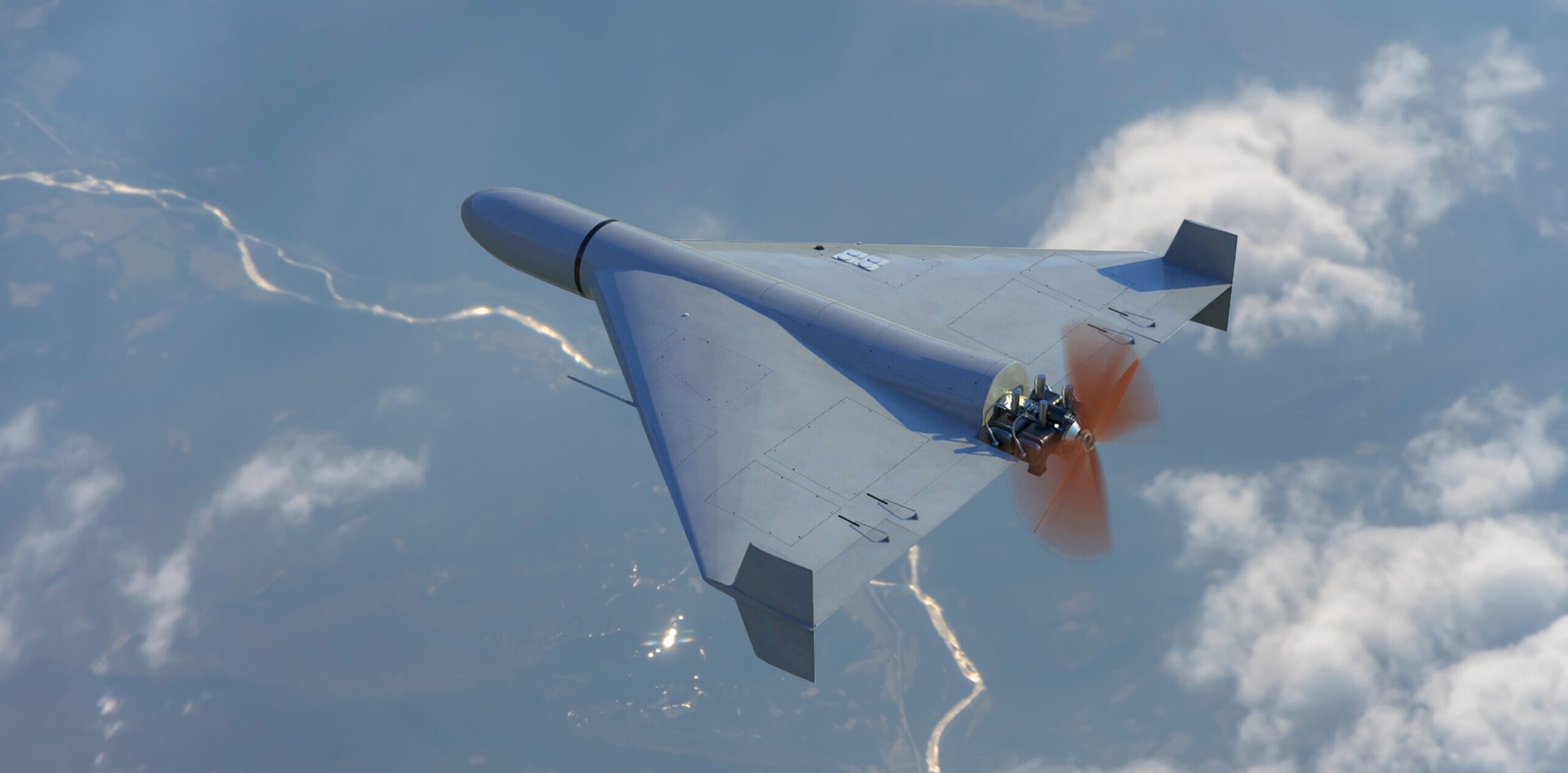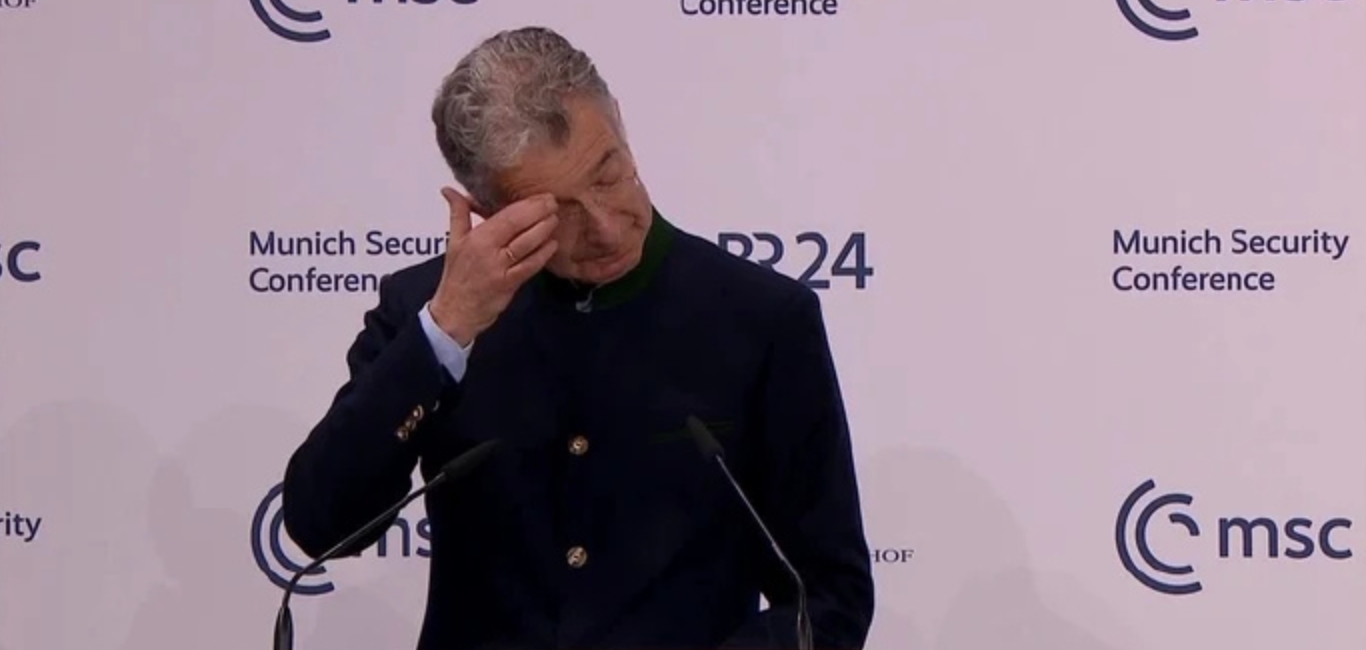
The decades-long shared values that once united transatlantic partners are increasingly being overshadowed by growing differences, said Christoph Heusgen, chairman of the 61st Munich Security Conference, during the forum’s closing session over the weekend.
“This was undoubtedly one of the most significant Munich Security Conferences,” he said teary eyed while ending his three-year tenure as head of the yearly high-level forum.
Concluding his speech, the German diplomat was overcome with emotion and unable to deliver his farewell remarks. The audience responded with applause.
The conference in southern Germany is one of the leading platforms for discussing global security issues and took place on Feb. 14-16. Russia’s war against Ukraine was the central topic of discussions, which were marked by a tense atmosphere and growing divisions between Europe and the U.S.
Time for Europe to arm itself
During his address at the conference, Ukrainian President Volodymyr Zelenskyy proposed the creation of a joint European armed force. He said that the era of relying on the U.S. for security is increasingly waning.
“But this isn’t just about increasing defense spending as a GDP [gross domestic product] ratio. Money is needed, yes – but money alone won’t stop an enemy assault,” Zelenskyy said regarding Washington’s demands for NATO member countries to increase their defense spending.
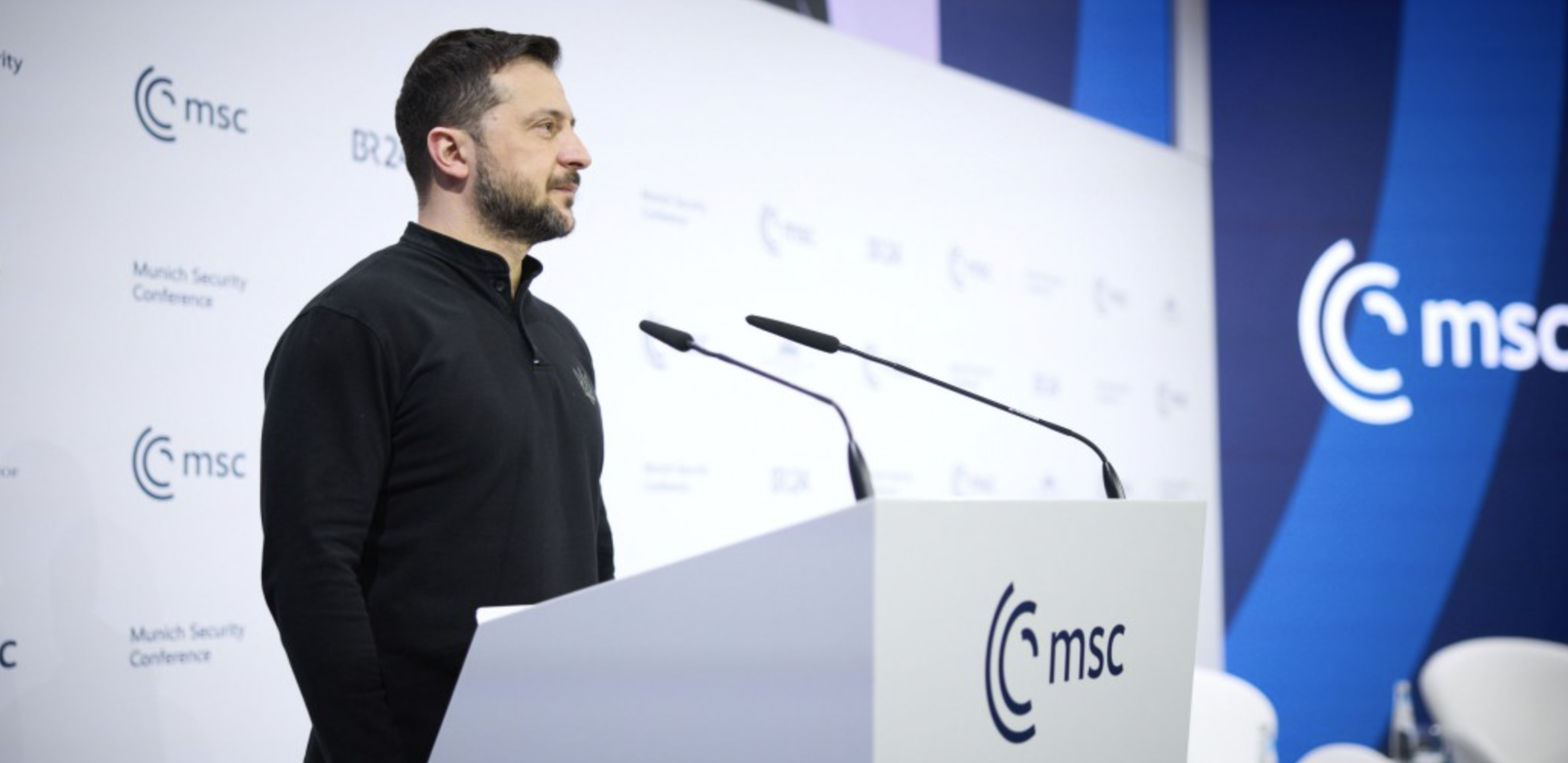 Zelenskyy addressing the MSC. Credit: Ukrainian President’s Office.
Zelenskyy addressing the MSC. Credit: Ukrainian President’s Office.
Discussions about increasing EU defense spending, previously raised in Munich, have gained momentum. EU leaders reached a consensus: Europe must quickly ramp up defense spending to 3 percent of their economic output.
“Russia currently spends more than twice that on defense in percentage terms,” reports the BBC.
Last year, Russia spent $462 billion billion on defense when adjusted to purchasing power parity, which surpasses the combined budgets of all European nations.
Zelenskyy said that everything needed to defend lives in modern warfare must be produced in Europe.
Talks of peace
Trump’s special peace envoy Keith Kellogg made a public commitment in Munich to engage all parties by Easter to end Russia’s war against Ukraine.
He stated that Ukraine would have a seat at the negotiating table, but Europe would not.
Trump’s designated envoy referenced the so-called two Minsk peace agreements that were brokered to end the war that Russia initially started in 2014 and illegally annexed the Crimean Peninsula and occupied parts of the easternmost regions of Luhansk and Donetsk.
“Recall Minsk-2 – there were a bunch of European leaders there, and they failed terribly,” he said regarding the agreements’ goal of ending the war.
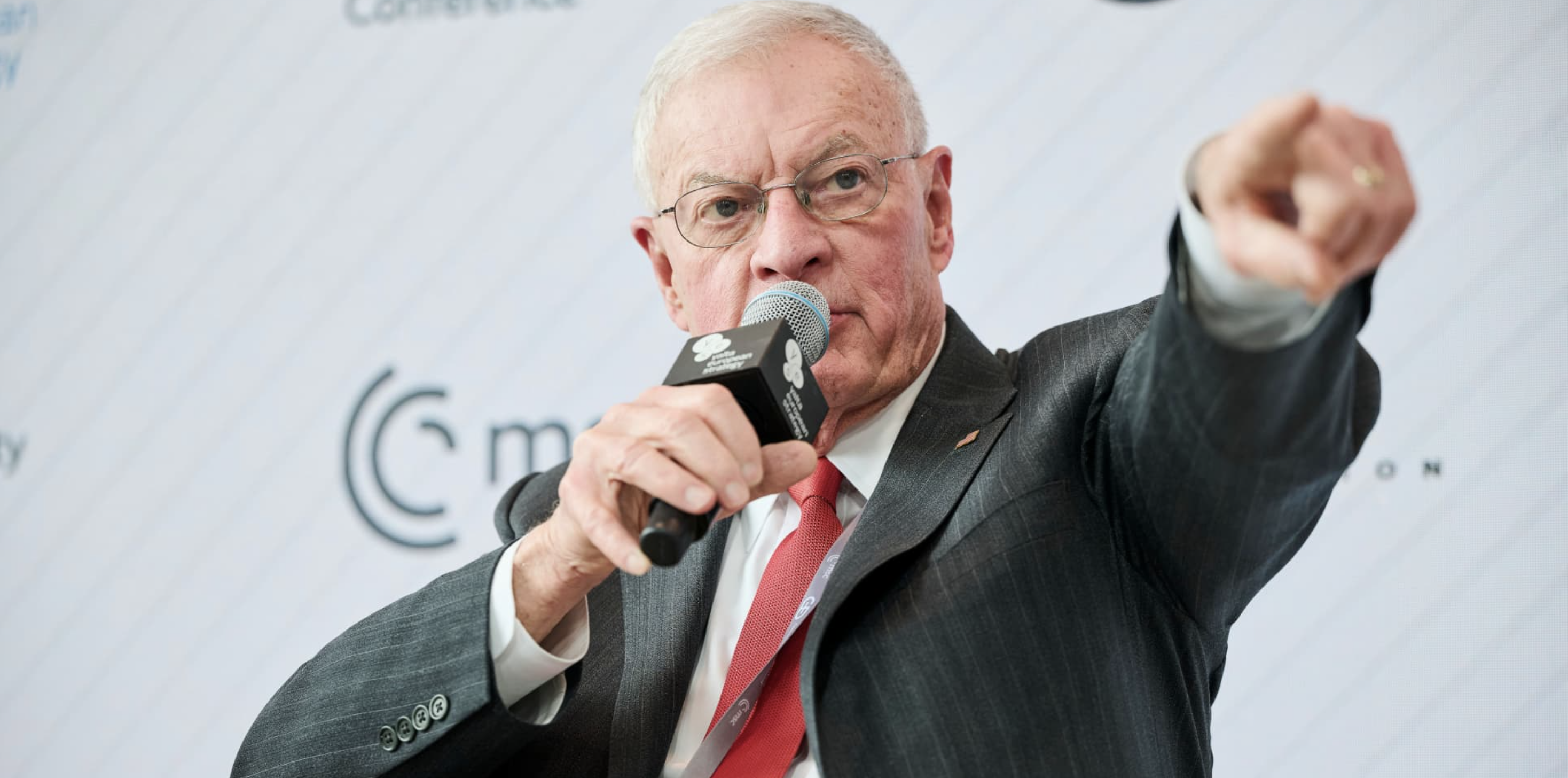 Kellogg speaks at the MSC. Credits: Victor Pinchuk Foundation
Kellogg speaks at the MSC. Credits: Victor Pinchuk Foundation
Meanwhile, European leaders – including European Commission President Ursula von der Leyen and German President Frank-Walter Steinmeier – called for maintaining unity and shared security responsibility between the U.S. and Europe.
The defeat of Ukraine would be a defeat for the entire democratic world, von der Leyen emphasized.
“We have to be smart and clear-eyed about what is ahead of us. From a rogue Russia on our borders to challenges to our sovereignty and our security,” she said.
Ukraine wants peace more than anyone, but it must be a just peace, von der Leyen stressed.
“European leaders and Ukraine left the conference fearing they might be excluded from bilateral peace talks between the U.S. and Russia, as Washington prepares for direct negotiations with Moscow,” reports Texty.org.ua.
A ‘brilliant’ speech
One of the most striking moments of the conference was a speech by U.S. Vice President J.D. Vance. He criticized the domestic policies of most European countries, claiming that the greatest threat to the world today does not come from China or Russia but from within Europe itself.
“What I worry about is the threat from within – the retreat of Europe from some of its most important values that it shares with the United States,” he said.
Vance identified mass migration as one of the major issues of modern times and urged countries to uphold “democratic values.” He criticized European governments for suppressing free speech, citing examples such as the cancellation of presidential elections in Romania, restrictions on anti-abortion protests, and censorship on social media.
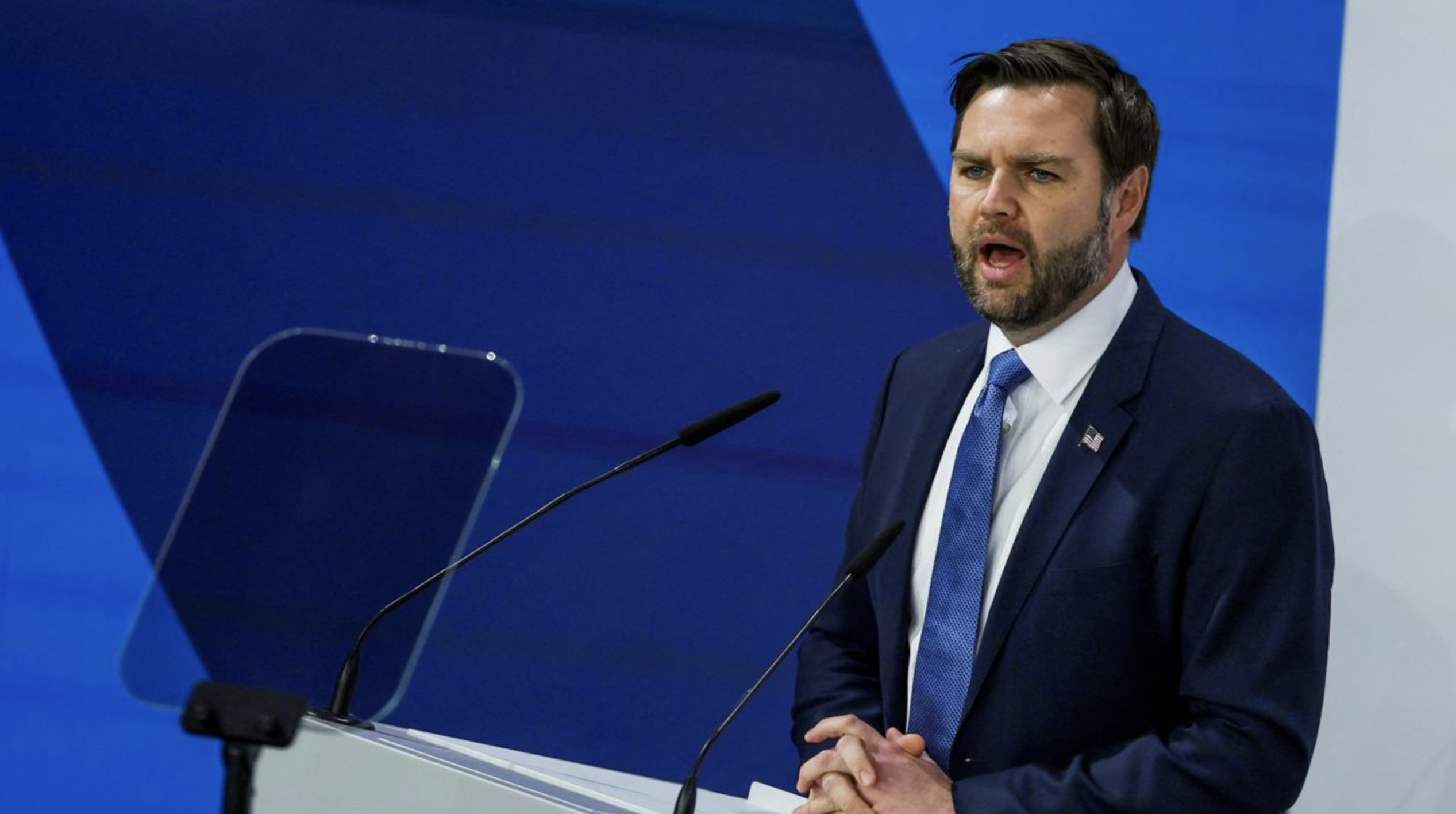 JD Vance addressing the MSC. Credit: CNN.
JD Vance addressing the MSC. Credit: CNN.
According to Vance, the greatest threat to democratic institutions today is most evident in Germany. He argued that suppressing “alternative media,” restricting the electoral process, and excluding individuals deemed extremists from politics are steps toward dismantling democracy.
His speech made no mention of the main topic of the conference – Russia’s war against Ukraine. The address was met with silence in the hall and later condemned by several politicians.
“But the speech appealed to others on both sides of the Atlantic and Donald Trump called it “brilliant,” reports the BBC.
Cover: A screenshot from Christoph Heusgen’s address to MSC attendees.
